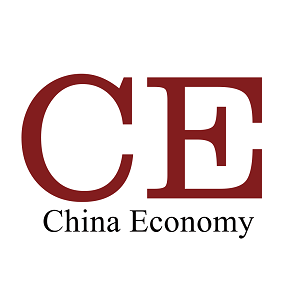Chinese oil marketing and refining companies are sharpening focus on their non-fuel retail business, with an eye on boosting the overall revenue margins, experts said.
China Petroleum and Chemical Corp, known as Sinopec and the world's largest refiner by volume, said its non-fuel business posted a net profit of 2 billion yuan ($293 million) during the first six months of this year, up 7.4 percent on a yearly basis, despite the negative effect of the COVID-19 epidemic.
Though the number of consumers at its gas stations fell sharply during the first half of this year as the pandemic curbed traffic, sales of products like fast food, automobile services, groceries and masks through its retail outlets continued to draw more consumers, it said. The company said it plans to continue to upgrade the retail services even after the epidemic ends, and might team up with China Union Pay to offer discounts to customers to promote the service.
Sinopec is not alone in its retail focus. The other two oil and gas giants, China National Petroleum Corp, the country's largest oil and gas company, and China National Offshore Oil Corp, are also expanding their non-fuel businesses.
CNPC said its non-fuel-related business saw a year-on-year growth of 3.3 percent during the first half of this year even as traffic at its gas stations witnessed a drastic drop. Net profit reached 1.8 billion yuan, while its uSmile convenience stores have been steadily increasing the number of products for sale.
Easy Joy, the retail unit of Sinopec, with more than 27,000 outlets so far, is the leader in China among convenience stores at gas stations. It is followed by more than 20,000 uSmile convenience stores operated by CNPC, according to figures from the two companies.
Sinopec's Easy Joy and CNPC-operated uSmile stores are among the top three players in the top 100 convenience store rankings in China this year, based on store number until June, released by the China Chain Store and Franchise Association and KPMG. Other top retailers include Tianfu, Family Mart and Lawson.
Experts said companies like Sinopec turned to retail primarily to offer consumers a convenient option to shop for groceries while filling fuel.
Li Li, energy research director at ICIS China, a firm that tracks China's energy market, said though the overall growth rate has slowed for the oil giants in their non-fuel business compared with the same period a year ago, the performance of the non-fuel business during the first six months has been remarkable.
Sinopec, for example, has taken advantage of its more than 30,000 gas stations nationwide to further expand its sales network, she said.
The company has also taken advantage of its network of gas stations to boost sales of products from poverty-stricken regions, including vegetables and groceries. It has helped Hubei province sell agricultural products worth 60 million yuan across 60 categories, including products like orange, tea and crayfish.
Li said mask sales by Sinopec and the other two oil majors have also helped increase their profit from non-fuel related businesses.



